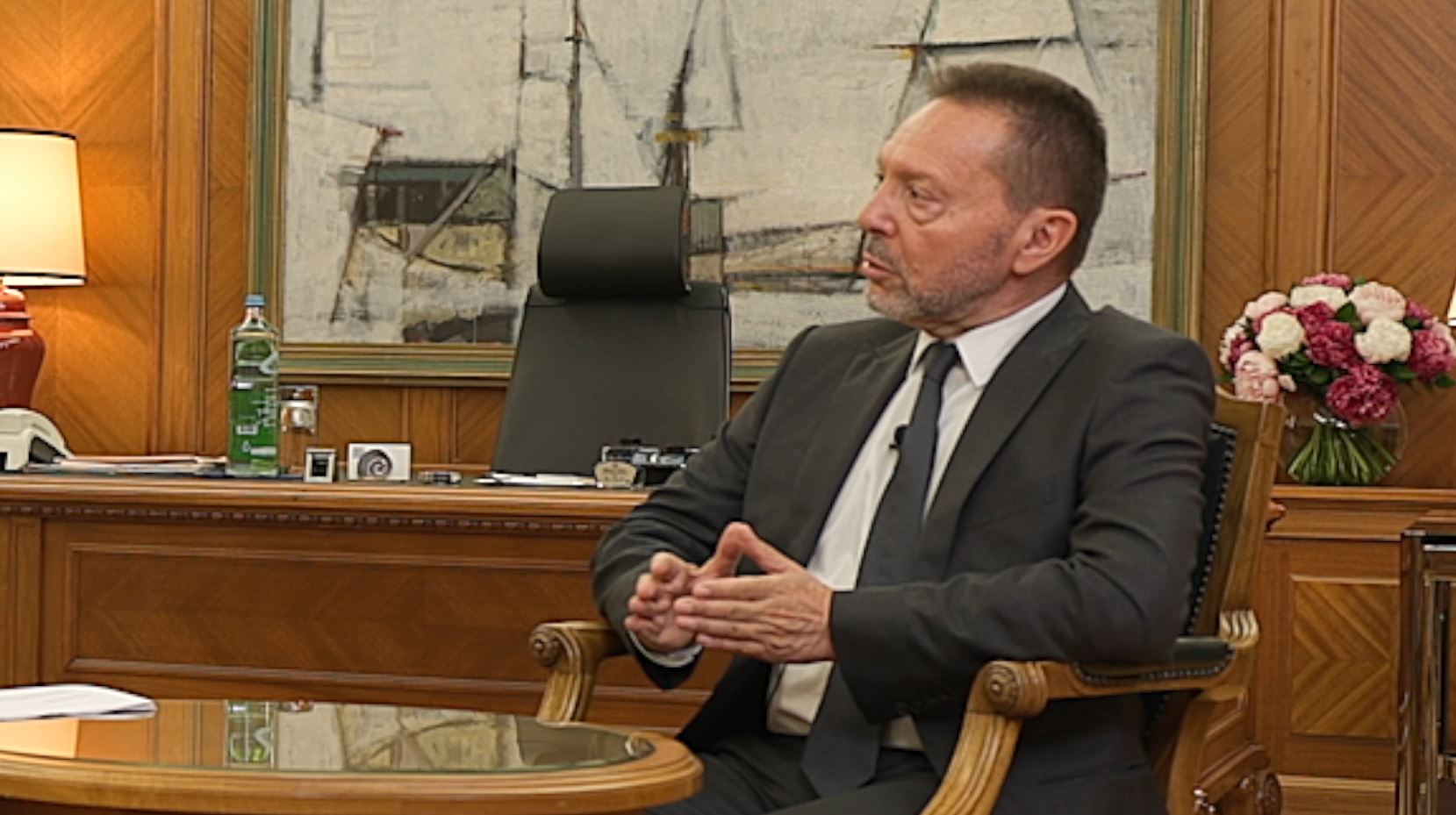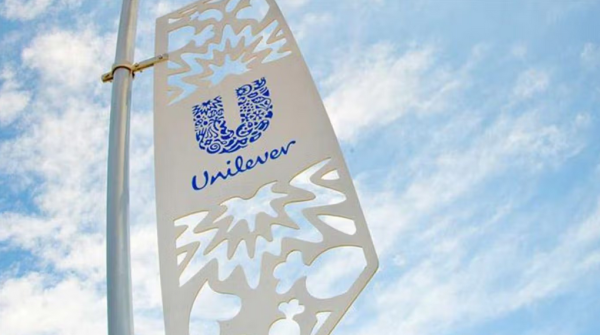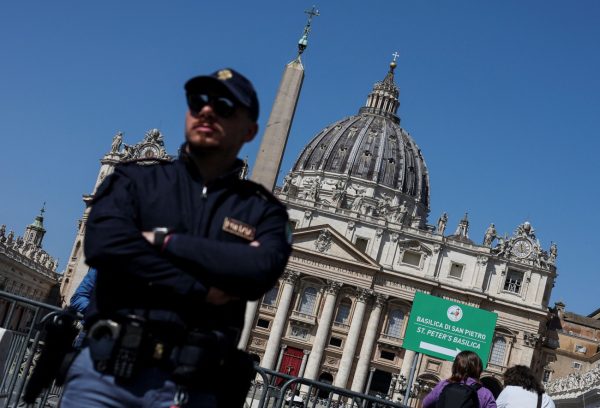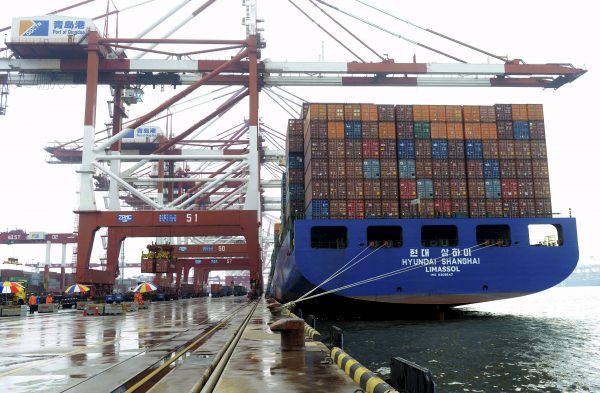
Regarding the Community directive, Greece will transpose into its national law measures, following the proposals of the European Commission in the framework of an integrated strategy, to deal with the issue of non-performing loans, to support the development of secondary markets for NPLs in the Union in such a way as to ensure that the sale of such loans does not undermine the rights of borrowers.
It should be noted that in total the servicers have arranged loans of more than 35 billion euros, corresponding to more than 700,000 borrowers. In combination with the securitizations of 50 billion euros, i.e. the Heracles plan. The urging of Brussels on the one hand, and at the same time an initiative on the part of the Bank of Greece, are going to bring, by the end of the year, changes to how red loan managers operate. The Bank of Greece will submit proposals to the new government and they will concern the ethics framework and the strengthening and expansion of Heracles.
At the same time, Greece has until December to transpose into national law the European Directive (EU) 2021/2167 for credit managers and credit buyers.
The central bank has prepared a Code of Conduct for the relations of loan management companies with borrowers. This code will be submitted to the leadership of the new financial staff and put into consultation with the aim of improving the institutional supervision framework, strengthening and expanding Hercules.
“We insist that a code of ethics be followed by these funds as well, in fact when the next government comes along we will be ready to make recommendations to improve the institutional framework of supervision and these companies”, said the governor of the Bank of Greece Yiannis Stournaras to in.gr.
“Funds and servicers, debt management companies, were a necessity that arose for the Banks to reduce bad loans. And to be able to start lending to the economy again. And the Banks achieved this, with the help of the state as you said. Indeed, they were recapitalized with 50 billion from the HFSF, that is, part of the loans of 280 billion went to the recapitalization of the Banks. 50 billion went to the recapitalization, around 18 billion went to cover the gap we say about the Banks that were absorbed by others and also the State has given 18 billion guarantees for the “Hercules” system, explained Mr. Stournaras.
And the governor of the BoG continues: “Why was this money given? To save the deposits of Greeks. You know, the Greek banks were not the cause of the problem. Greek banks were the victim of the crisis. Greek banks have never had a very large balance sheet, as for example banks in Ireland or Cyprus or Great Britain or Spain have had. The balance sheet of the Greek banks has never exceeded one and a half times the GDP, for example, when in other countries you have 7 and 8 times.
So the banks were the victim of the financial crisis through the bonds they had and mainly through the creation of bad loans from the crisis, due to unemployment, due to the bankruptcy of companies. So they became red loans. In order for the banks to be freed from bad loans, something had to be done. Well, the sale of loans and mainly loan securitizations was chosen.
To do this, as it has been done in Spain, as it has been done in Ireland, as it has been done in Italy, there are specialized funds all over the world, which do this work. So it was part of the solution.”
Regarding the auctions, Mr. Stournaras emphasized that there is currently legislation. “What we want to do is to improve the supervision framework of claims management companies. In other words, let’s draw up a code of ethics, mainly.”
The directive
NPLs have fallen to around €9bn with NPE at 6%-7% from €107bn in 2016. Estimates show €7bn in arrangements by the end of 2023.
The vulnerable
For the vulnerable social groups who find it difficult to service their loans, Mr. Stournaras emphasized:
“Politics must protect the vulnerable. Those who are in need and do not necessarily pay something must be done. Because as you know banks have assets and liabilities.
You can’t force them to lose part of the assets and then say I don’t care what happens to the liabilities, we have to be careful. The balance sheet has two sides, both active and passive. There are loans, there are deposits. If you tell them to “cut loans”, either something should be done with the deposits or they should increase their capital. These do not come from heaven. So we have to be very careful.
We had a horrible crisis and, thank God, we are managing the consequences of this crisis very well. Where there is injustice, where there is a vulnerable borrower, there the previous government and so far enough things have been done, you know, and the banks have taken measures. You saw the measures they took for the vulnerable, but also for the consistent.”
Latest News

IMF: US Tariffs Shake Global Economy, Outlook Downbeat
IMF slashes global growth forecast to 2.8% as U.S. tariffs create uncertainty and ‘negative supply shock

First Step Towards New Audiovisual Industry Hub in Drama
The project is set to contribute to the further development of Greece’s film industry and establish Drama as an audiovisual hub in the region

Airbnb Greece – Initial CoS Ruling Deems Tax Circular Unlawful
The case reached the Council of State following annulment applications filed by the Panhellenic Federation of Property Owners (POMIDA)

Mitsotakis Unveils €1 Billion Plan for Housing, Pensioners, Public investments
Greek Prime Minister Kyriakos Mitsotakis has announced a new set of economic support measures, worth 1 billion euros, aiming to provide financial relief to citizens.

Alter Ego Ventures Invests in Pioneering Gaming Company ‘Couch Heroes’
Alter Ego Ventures' participation in the share capital of Couch Heroes marks yet another investment by the Alter Ego Media Group in innovative companies with a focus on technology.

Corruption Still Plagues Greece’s Driving Tests
While traffic accidents continue to claim lives on Greek roads daily, irregularities and under-the-table dealings in the training and testing of new drivers remain disturbingly widespread

Pope Francis Died of Stroke and Heart Failure Vatican Confirms
As news of the official cause of death spread, tributes poured in from across the globe. The 1.4 billion-member Catholic Church is united in grief, remembering a pope who championed inclusion, justice, and compassion

Increase in Both Museum Visits, Revenues for 2024
As expected, the Acropolis was the top archeological site in the country, followed by Sounion, Mycenae, the ancient theater of Epidaurus, and Vergina in northern Greece

Where Greece’s Tourists Come From: A Look at 2025’s Top Visitor Markets
The United Kingdom continues to hold the top spot as the largest source of incoming tourism, with 5.6 million seats booked for Greece this summer — up 2.2% from last year. This accounts for 20% of all international air traffic to Greece

Pope Francis: A Pontiff Who Reshaped the Papacy and Sparked a Global Conversation
His first words from the balcony of St. Peter’s Basilica—“Brothers and sisters, good evening”—set the tone for a pontificate that would challenge norms, favor mercy over dogma, and bring the papacy closer to the people.











![Πλημμύρες: Σημειώθηκαν σε επίπεδα ρεκόρ στην Ευρώπη το 2024 [γράφημα]](https://www.ot.gr/wp-content/uploads/2025/04/FLOOD_HUNGRY-90x90.jpg)




![Ξενοδοχεία: Μεγάλο το ενδιαφέρον για επενδύσεις στην Ελλάδα – Η θέση της Αθήνας [γραφήματα]](https://www.ot.gr/wp-content/uploads/2025/03/Athens-hotels-90x90.jpg)

























 Αριθμός Πιστοποίησης
Αριθμός Πιστοποίησης